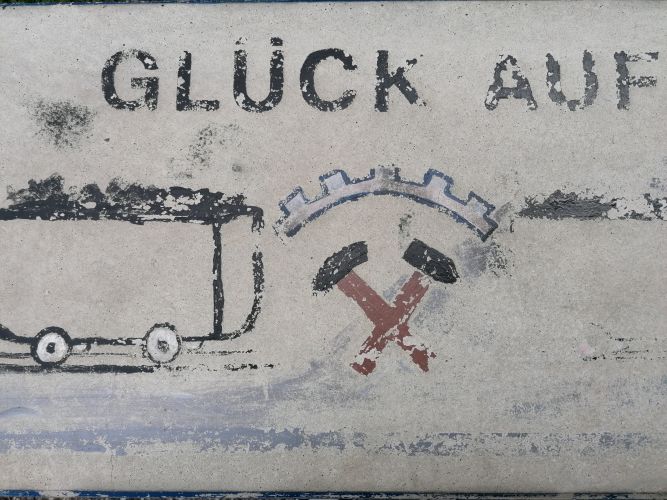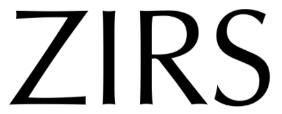
The gradual implementation of the German coal phase-out – executed by no later than 2038 – will provide mounting challenges for the Central German Mining District. Climate justice, energy transition, and the finite nature of fossil resources are the driving forces behind this process labelled as Strukturwandel, indicating that something more significant than a pure economic transformation is intended. The regionally established interplay of labour, economy, and energy is changing. Pillars of society will be re-negotiated, protected, modified, or improved. Challenges of today are labelled as chances for tomorrow; Strukturwandel shall be a transition towards a sustainable future.
The Space of the Gap evokes the present of the Central German Mining District, encapsulated between a post-socialist past and a post-coal future. The German coal phase-out will provide mounting challenges for the mining district. To not echo some of the unintended consequence of German reunification, the coal exit is intended to be a just transition. Labelled as Strukturwandel, the region prepares for a transition towards a more sustainable future.
How, this project asks, is the transformation towards the post-coal future governed? Between February 2020 and August 2021, I did ethnographic research in the Central German Mining District. I did follow the policy of Strukturwandel wherever it occurred, be it to parliamentary sittings, industrial sites, town hall meetings, or art residencies. Here, I have focused on practices of building trust and enthusiasm for Strukturwandel. I have investigated how different groups of players in the Central German Mining District try to keep pace with the making of post-coal futures. I have learned how many of my interlocutors (whom I call the brokers of Strukturwandel: politicians, miners, civil servants, citizens, regional planners or business people) had to operate in a gap – between no more and not yet, between local concern and global constraints, between hope and mistrust, promise and reality.
I identify the gap as a condition of my field and, simultaneously, as a political form for the transformation into the post-coal future. The promise of Strukturwandel requires weaving a new temporal plot, which considers the post-industrial and post-socialist past and the post-coal future of the Central German Mining District. The transformation to the post-coal lifeworld is marked as the natural order of things. Other aspects of change, such as openness, uncertainty and the unforeseen, are to be evacuated from the promise of Strukturwandel as best as possible.
PhD research, Supervisor: Professor Asta Vonderau (supervisor, Halle), Assistant Professor Felix Ringel (co-supervisor, Durham)
